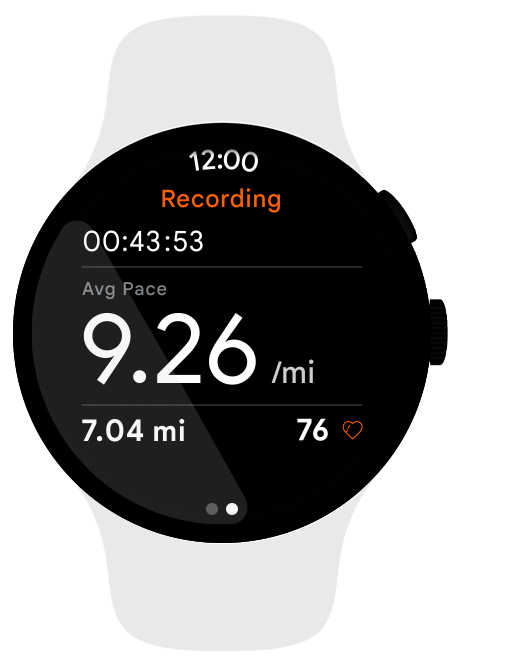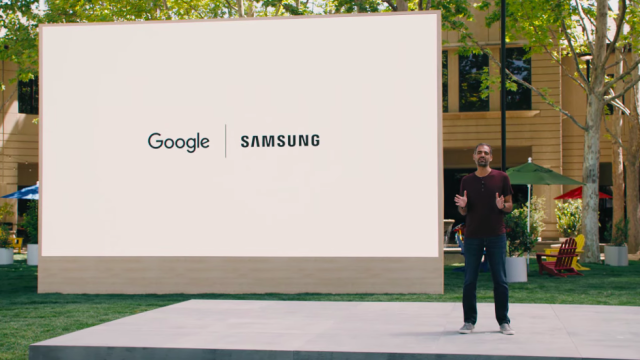Well, folks, the rumours that Samsung is abandoning Tizen for Google’s Wear OS smartwatch platform turned out to be true. Sort of. At the Google I/O keynote today, Google revealed it’s partnering with Samsung to create a new unified platform that mashes together Wear OS and Tizen OS.
This new OS isn’t the same thing as Samsung ditching Tizen for Wear OS as we currently know it. Instead, it’s an entirely new Wear OS.
Google and Samsung’s merged smartwatch operating system will be 30% faster at launching apps and have longer battery life via lower power cores. This should allow for advanced features like continuous heart rate-monitoring and sleep-tracking. That might not feel revolutionary considering so many smartwatches and fitness trackers already do this. However, it’s an example of the many basic features Wear OS watches were missing until now.

Wear OS is also enabling shortcuts so you can easily switch back and forth between apps. The apps themselves are also being updated. Google Maps will get turn-by-turn navigation and Google is expanding Google Pay to more countries. And yes, that dang YouTube Music app is finally coming to Wear OS this year — though Google didn’t specify exactly when. Other than Google’s own apps, Strava, Adidas Running, and Bitmoji were also highlighted in a Google blog as examples of new and rebuilt apps on the new platform.
Samsung wasn’t the only partnership that Google announced. The keynote also gave us the first glimpse of how Fitbit will operate in the Google ecosystem. Some of the most popular Fitbit features will migrate over to Wear OS, like all-day fitness tracking and celebrations when you hit goals. Fitbit CEO James Park also hinted that premium Fitbit smartwatches based on Wear OS are on the horizon.
No matter which way you look at it, this signals a massive shift in the wearable landscape — and curiously, it’s putting Google back in the conversation. Although it was one of the first companies to push wearables, it’s languished as a bit player in recent years. For Samsung, branching out with its own smartwatch OS in 2014 had its pros and cons. On the one hand, Tizen wasn’t beset with the lack of advanced health features and numerous glitches Wear OS has had lately. On the other, Samsung’s never been able to build out its third-party app store to be as expansive as Google’s. Miraculously, this seems like a cure-all for the issues that plague Wear OS and also for Samsung’s smartwatch conundrums.
Although Tizen fans might be bummed, a unified platform will make it easier for developers to create Android-friendly apps. This could reinvigorate the Android-based wearable ecosystem, and perhaps we’ll start to see brands other than Fossil develop new Wear OS smartwatches. It’s a massive update, but let’s not lose our minds just yet. We’ve all been burned before and ultimately, the pressure is on for this new unified platform to live up to its promises.
